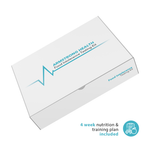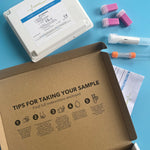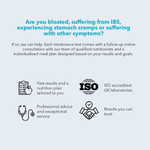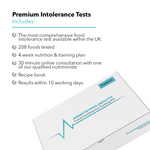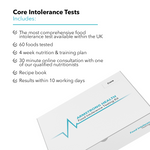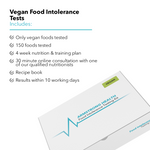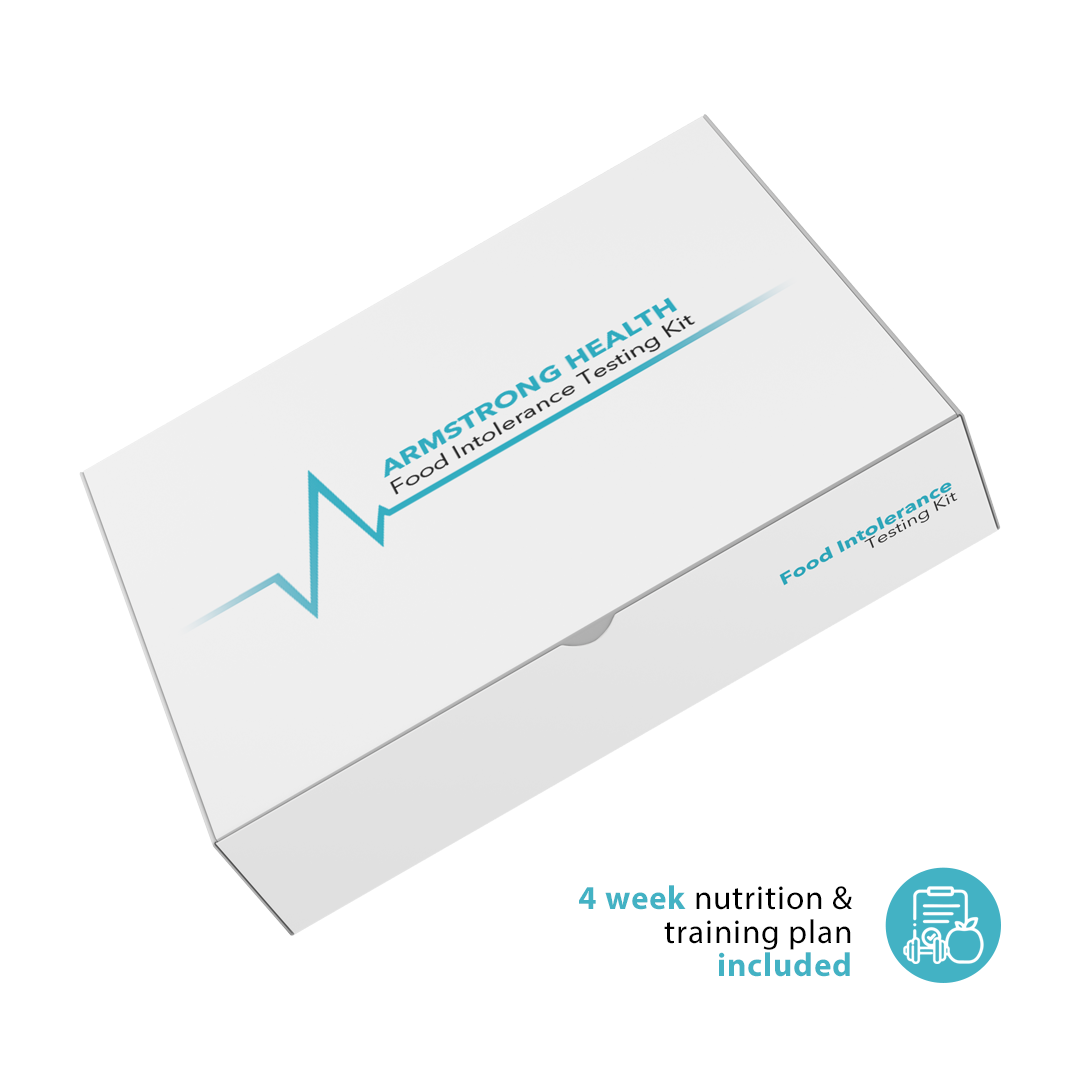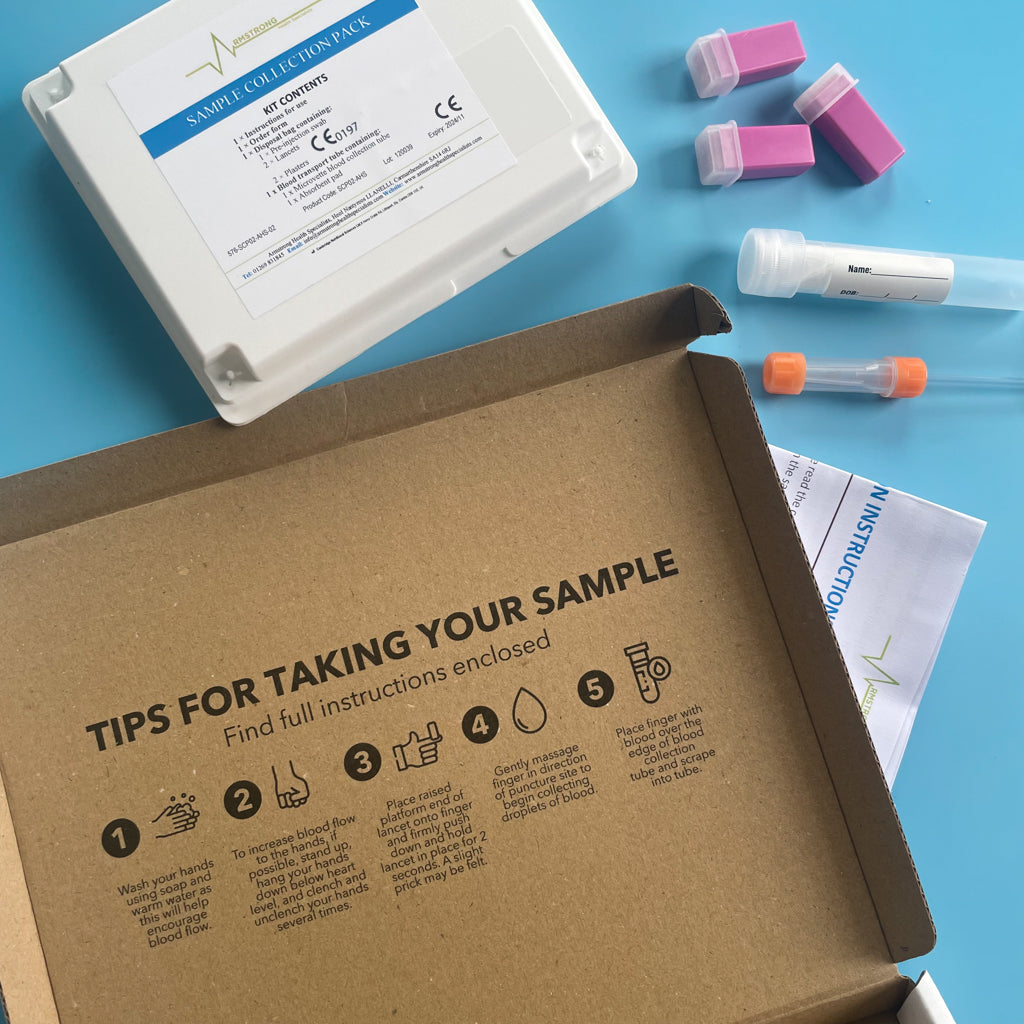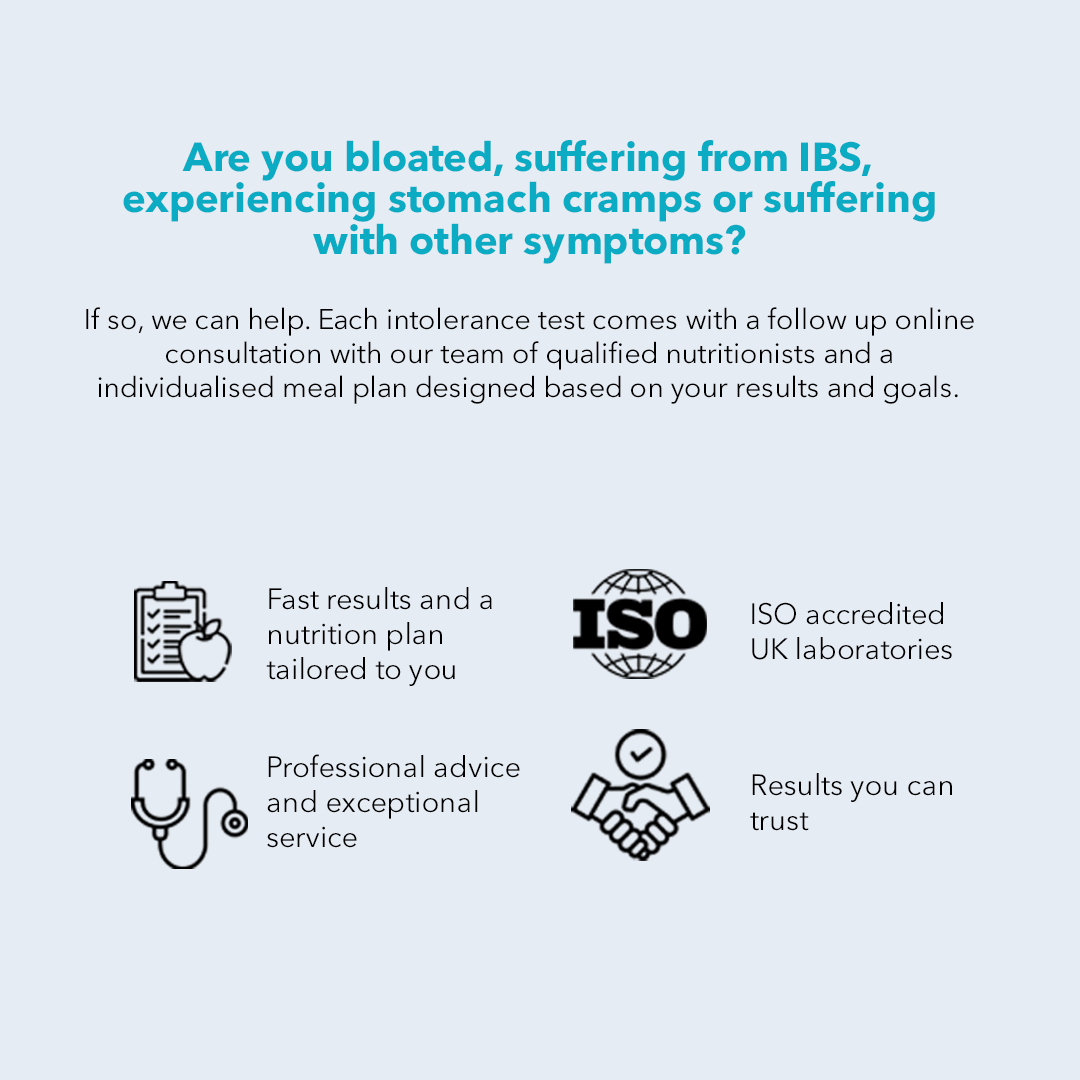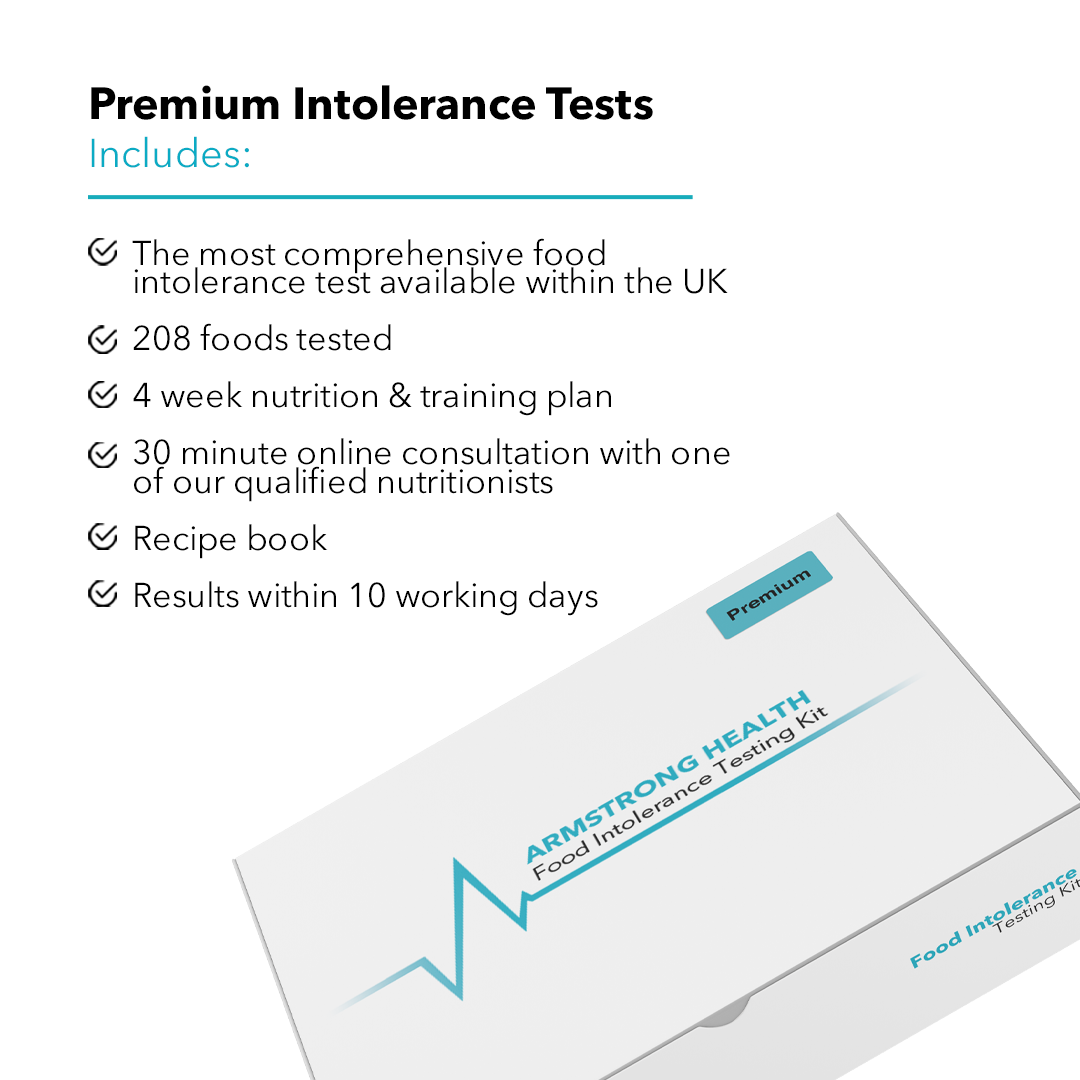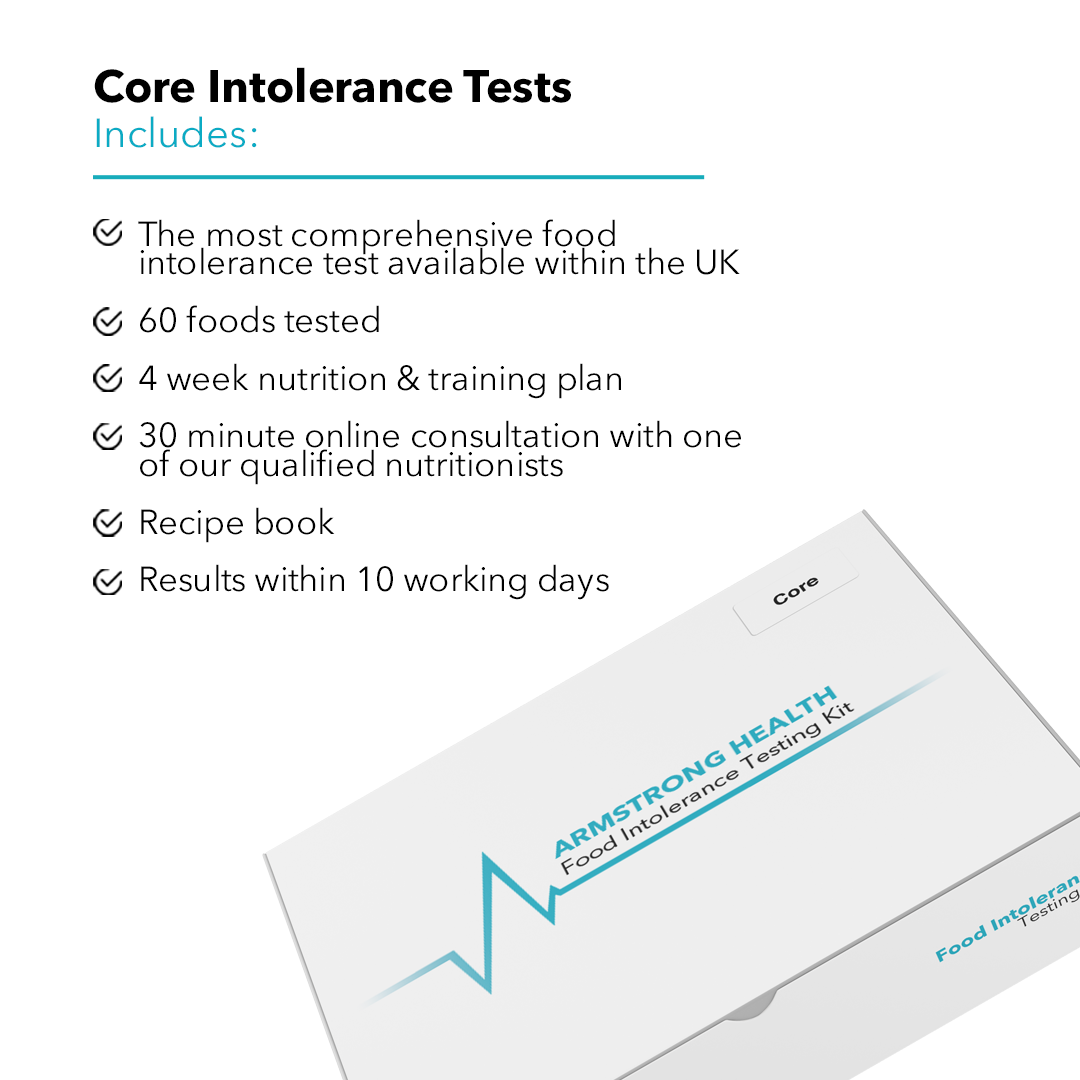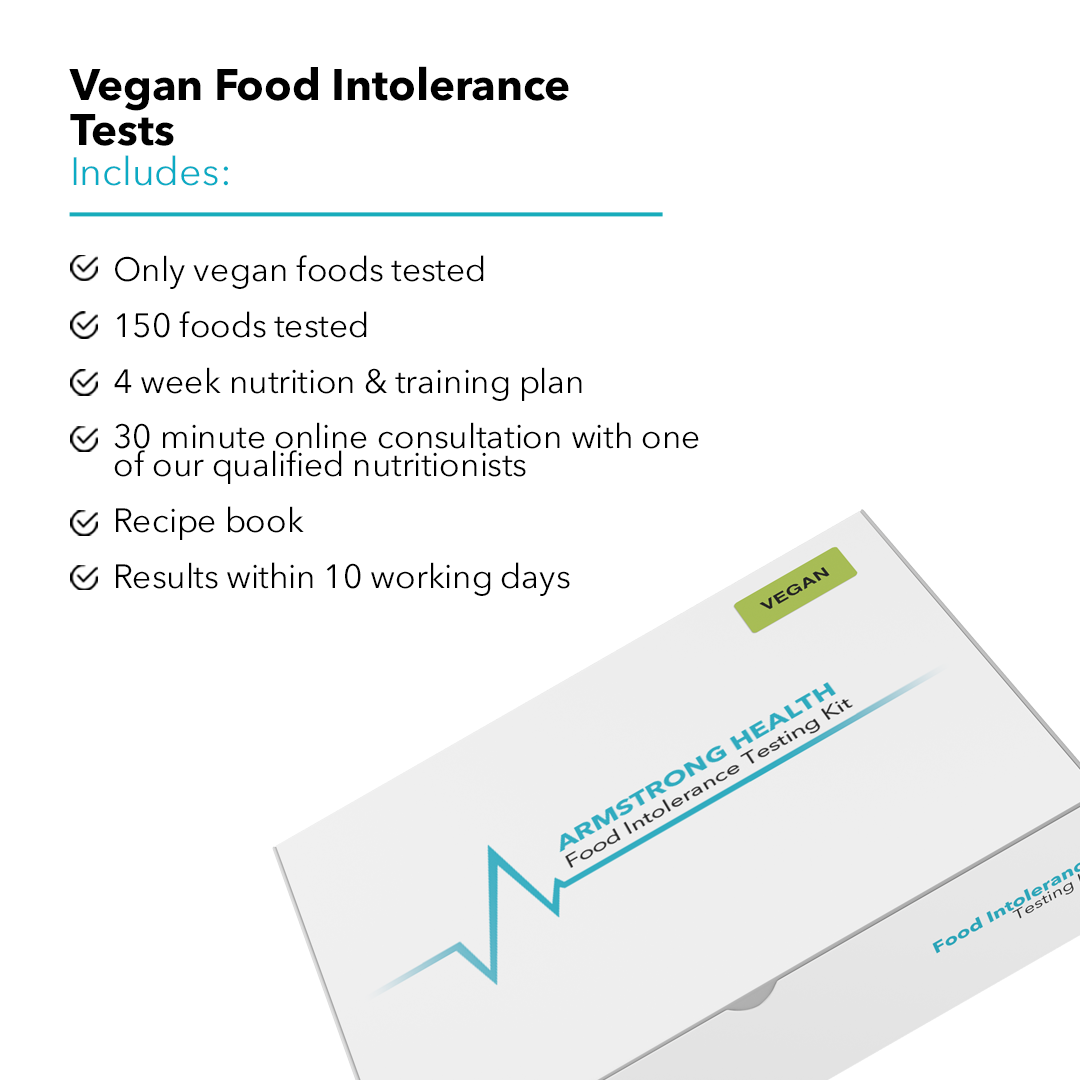You may be familiar with the way McDonald's asks about your allergies before preparing your food. It is because food allergies & intolerances are on the rise these days.
The immune system's reaction to a certain food causes it to respond as if it were dangerous. Food allergy/intolerance testing can help determine whether symptoms you experience are due to an allergic reaction to a specific food.
Let’s see in detail what are some common types of food intolerances and how food intolerance tests can help in identifying those.
Four Common Types of Food Intolerances
Lactose Intolerance
Milk and other dairy products contain a type of sugar called Lactose. Lactase, an enzyme, helps in breaking it down in the body. These enzymes are necessary to digest and absorb lactose effectively.
Lactose intolerance is caused by a lack of lactase enzymes, resulting in an inability to digest lactose and digestive discomfort. Abdominal pain, bloating, diarrhea, gas, and nausea are some of the symptoms.
Lactose intolerance is a very prevalent condition. It is believed that 65% of the world's population has lactose intolerance. A lactose-tolerance test, lactose breath test, dairy intolerance test, or stool PH test can identify intolerance.
Gluten Intolerance
Gluten is the collective term for proteins present in wheat, barley, rye, and triticale.
Gluten is a cause of several illnesses, including celiac disease, non-celiac gluten sensitivity, and wheat allergy. When persons with celiac disease consume gluten, their immune systems assault the small intestine, causing major digestive problems. Celiac disease and wheat allergies share many symptoms, making them easily confused.
Wheat allergies produce an allergy-producing antibody to wheat proteins. In celiac disease, however, the immune system responds abnormally to gluten in particular. Many patients, however, report unpleasant symptoms such as bloating, gastrointestinal pain, diarrhea or constipation, headaches, lethargy, joint pain, skin rash, and melancholy or anxiety.
Caffeine intolerance
Caffeine is a bitter chemical in many beverages, such as coffee, soda, tea, and energy drinks. It is a stimulant, which means that when ingested, it lowers lethargy and enhances alertness. It accomplishes this by inhibiting adenosine receptors, a neurotransmitter that governs the sleep-wake cycle and promotes sleepiness.
Some people, however, are more sensitive to caffeine and have responses even after eating a small amount. In addition to genetics, caffeine hypersensitivity relates to a reduced ability to metabolize and eliminate caffeine. Caffeine hypersensitivity can cause symptoms such as rapid heartbeat, anxiety, jitters, sleeplessness, agitation, and restlessness after consuming a modest amount of caffeine. To learn more, do a food intolerance blood test.
Fructose
Fructose is a type of FODMAP present in fruits and vegetables and sweets such as honey, agave, and high-fructose corn syrup. Fructose consumption, particularly from sugar-sweetened beverages, has skyrocketed in the last four decades and is related to an increase in obesity, liver illness, and heart disease.
In addition to an increase in fructose-related disorders, there has been an increase in fructose malabsorption and intolerance. Individuals with fructose intolerance have difficulty absorbing fructose into their bloodstream. Instead, the unabsorbed fructose enters the large intestine and is digested by gut bacteria, producing digestive pain.
In conclusion,
Food intolerances are distinct from allergies. Most do not activate the immune system, and their symptoms are typically milder. You should, however, take them seriously because they can have a significant impact on your health. Such as: gas & bloating, heartburn, acid reflux & indigestion, insomnia, abdominal pain, joint pain, headaches or migraines, high blood pressure and IBS. If you feel you are intolerant to a certain food or food additive, consult your doctor or a nutritionist about testing and treatment options.
Food intolerances are usually less severe than food allergies, yet they can still have a negative influence on your quality of life. It is why it's critical to take steps to discover food intolerances to avoid unpleasant symptoms and health problems. Contact Armstrong Health to book your food intolerance test online and save significant savings.





